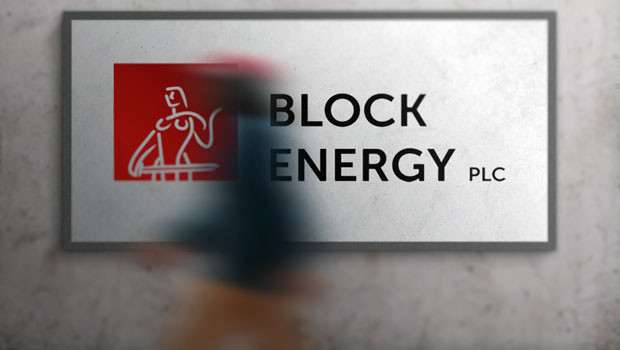Block Energy takes wraps off large carbon capture opportunity

Block Energy
0.68p
16:55 20/12/24
Georgia-focussed developer and producer Block Energy unveiled a significant carbon capture and storage (CCS) opportunity within Block XIB on Tuesday.
FTSE AIM All-Share
710.60
17:04 20/12/24
Oil & Gas Producers
7,635.36
17:14 20/12/24
The AIM-traded company said the discovery could potentially support a substantial net-zero carbon dioxide industrial hub.
It said a company-commissioned study indicated that Block XIB boasted one of the highest carbon storage capacities in Europe, both at the reservoir and basin scales.
At the reservoir scale, it was estimated to have a storage capacity of 256 million metric tonnes, equivalent to offsetting emissions from 55 million cars.
On the basin scale, the potential was as high as 8.7 gigatonnes, which could offset emissions from Turkey for 20 years.
The research highlighted that Block XIB was particularly suited to the mineral trapping, or mineralisation, method of carbon capture and storage.
It said the method would involve injecting carbon dioxide with water, which mineralises into solid carbonates.
The technique had already proven successful in Iceland, where 100,000 tonnes of carbon had been permanently injected into basaltic rock.
Block Energy said the geological characteristics of Block XIB further enhanced its suitability for CCS by mineralisation.
The Middle Eocene volcaniclastics in the area would facilitate the movement and efficient containment of injected carbon.
Moreover, the sections contain abundant Zeolites - highly reactive minerals enriched with substantial calcium - which enhance the potential for successful and sustainable CCS by mineralisation.
Additional geological features, including an active aquifer and ideal pressure and temperature conditions, suggested the possibility of rapid carbonation.
Initial calculations indicated that up to 95% mineralisation of carbon dioxide could occur within 250 days, in contrast to the 1,000 years it would typically take in sedimentary systems.
There was also the potential for increased carbon storage capacity through the localised dissolution of fractures, expanding pore space and pore volume.
Block said it commissioned the study as part of its Project III development planning.
It was conducted by Oilfield Production Consultant (OPC), a consultancy known for its expertise and experience in CCS projects.
Professor Eric Oelkers, an expert in water-rock interactions, led the study.
Block Energy said OPC had a proven track record, having worked on projects including White Rose, Golden Eye, Gorgon, Viking, and projects in the Gulf of Mexico.
“The CCS study opens another significant commercial opportunity for the company while underlining our commitment to sustainability,” said chief executive officer Paul Haywood.
“The study highlights that Block XIB's storage potential could be amongst the largest in Europe, indicating the prospect of a major net-zero industrial hub within central Georgia - of interest to the hydrogen, fertiliser, steel and refined petroleum products industries - close to the XIB licence.”
At 1345 GMT, shares in Block Energy were up 3.33% at 1.09p.
Reporting by Josh White for Sharecast.com.